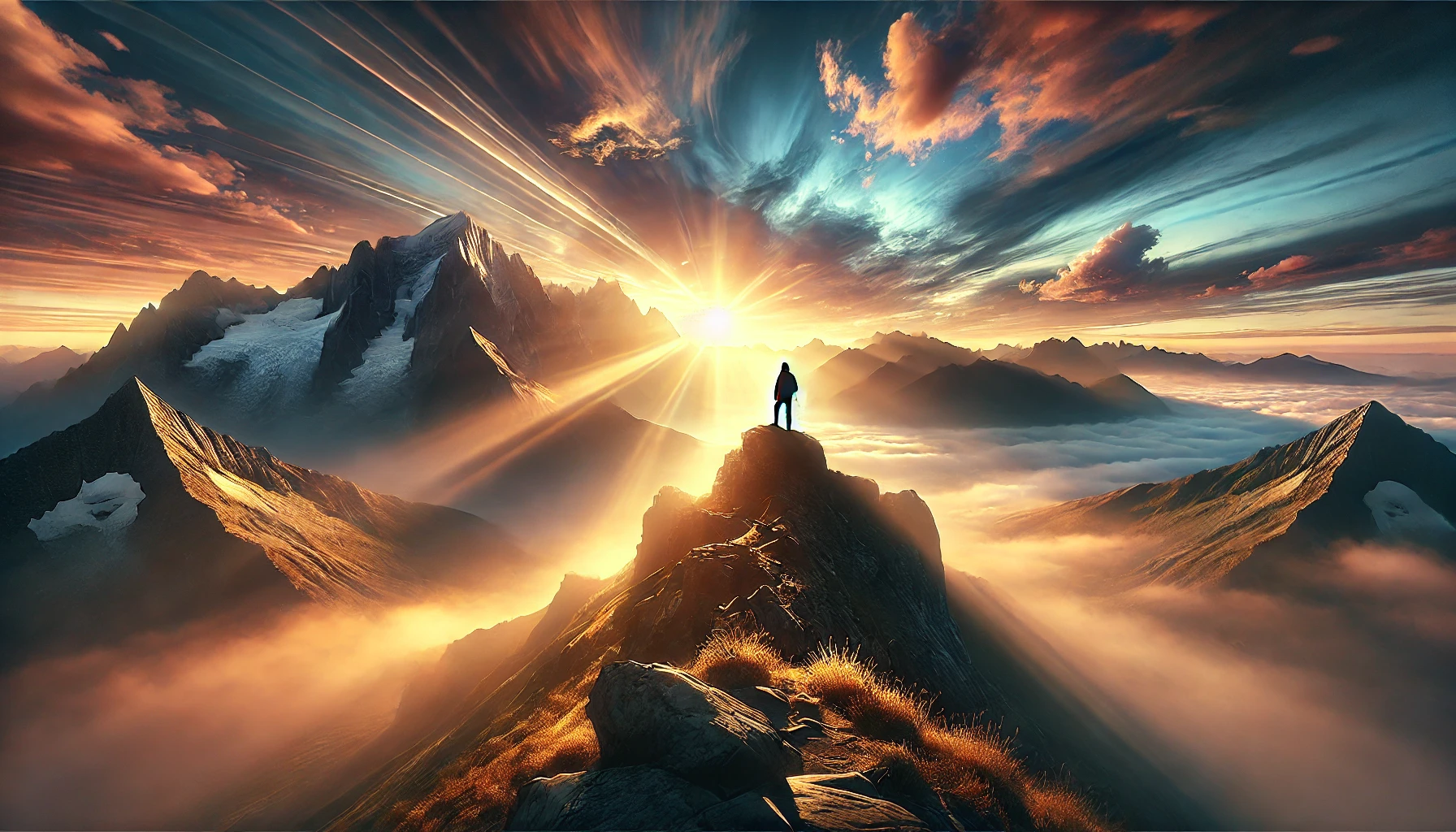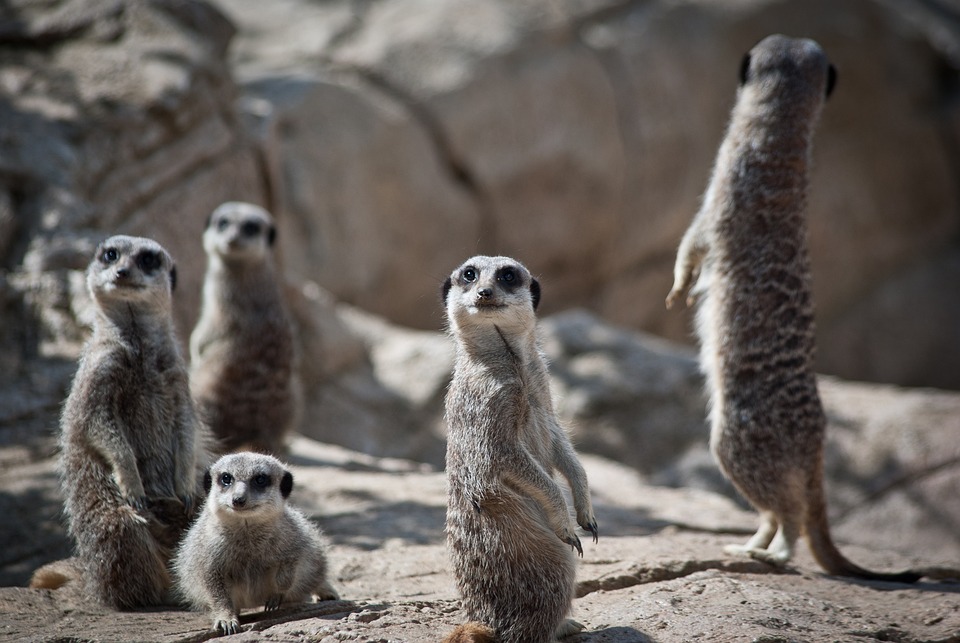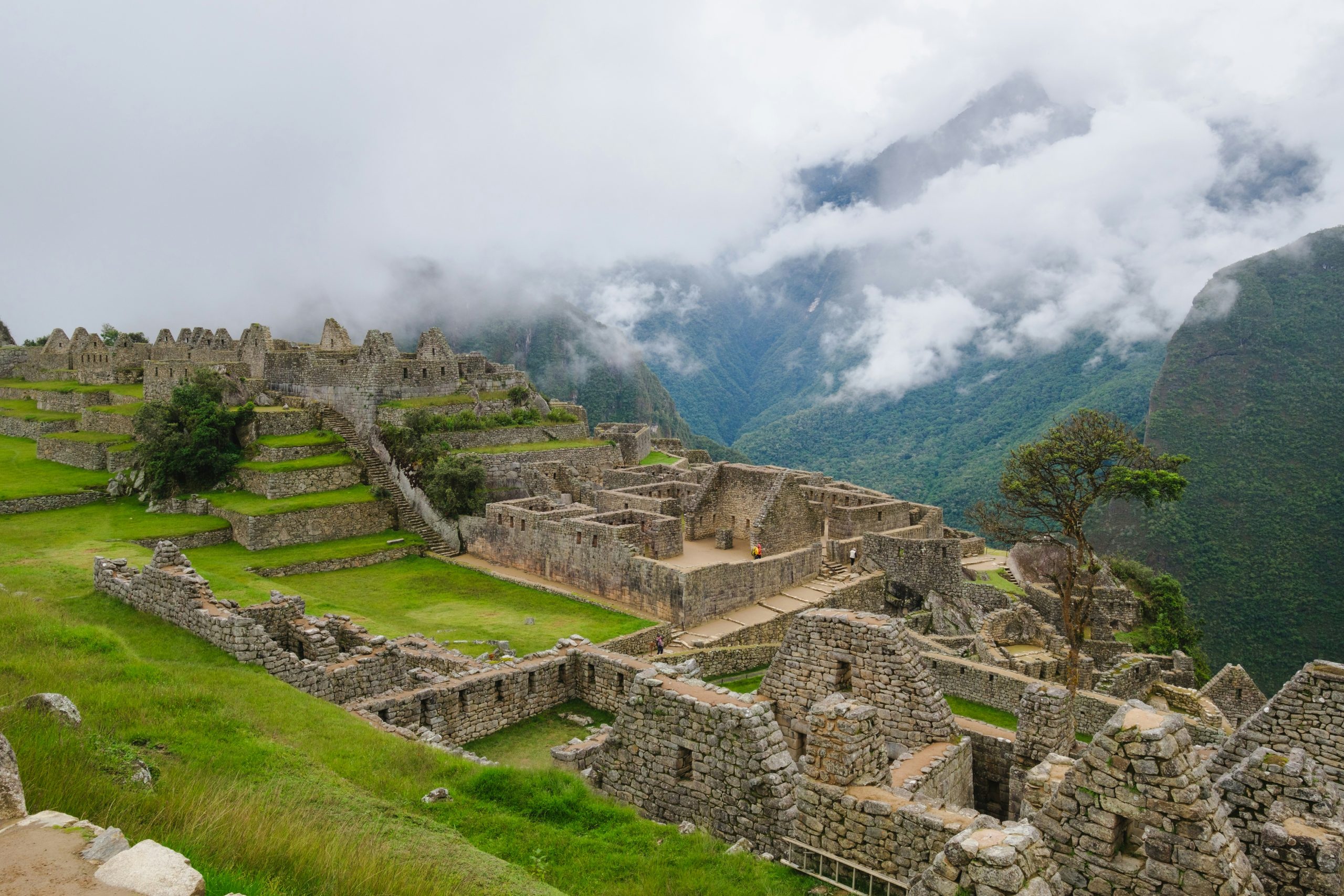[ad_1]
Unlocking the Mysteries: 10 Curious Questions Answered by Experts
Have you ever found yourself pondering over questions that seem to have no clear answer? Many of us have, and it can be quite frustrating. But fear not, as we have enlisted the help of experts to shed some light on 10 curious questions that have puzzled us for far too long.
1. Why do we yawn?
Yawning is a universal behavior that is observed in humans and many other species. While the exact reason behind yawning is still not fully understood, experts believe that it may be a way for our bodies to regulate oxygen levels and help us stay alert.
2. What causes déjà vu?
Déjà vu, the feeling of having experienced something before when in fact you haven’t, is a phenomenon that has baffled scientists for years. Some experts believe it may be due to a glitch in the brain’s memory retrieval process, while others think it could be linked to our subconscious recognition of familiar patterns or situations.
3. Why do we dream?
Dreams have long been a source of fascination for humans, with many cultures interpreting them as messages from the subconscious or even visions of the future. While the exact purpose of dreaming is still a subject of debate among experts, some believe that dreams may help us process emotions, memories, and experiences.
4. Can animals communicate with each other?
Animals have been known to communicate with each other through various means, such as vocalizations, body language, and even scent markings. Experts believe that many species possess complex communication systems that allow them to convey information about food sources, danger, or social hierarchies.
5. Why do we have fingerprints?
Fingerprints are unique patterns found on the skin of our fingers and palms. Experts believe that fingerprints may have evolved to help improve our grip on objects and enhance our sense of touch. They also serve as a form of identification, as no two people have the exact same fingerprints.
6. How do birds navigate during migration?
Many bird species undertake long-distance migrations, traveling thousands of miles each year to reach their breeding grounds. Experts believe that birds use a combination of visual cues, the Earth’s magnetic field, and even their sense of smell to navigate during migration.
7. Why do we blush when we’re embarrassed?
Blushing is a physiological response that occurs when we feel embarrassed or self-conscious. Experts believe that blushing may have evolved as a way to signal to others that we are aware of our social mistakes and are seeking forgiveness or understanding.
8. How do plants know when to flower?
Plants have evolved intricate mechanisms to detect changes in their environment, such as temperature, day length, and even the presence of certain chemicals. Experts believe that plants use these cues to regulate their flowering and reproduction, ensuring that they bloom at the optimal time for pollination.
9. Why do we sneeze?
Sneezing is a reflex action that helps our bodies expel irritants from our nasal passages. Experts believe that sneezing may have evolved as a way to protect our airways from foreign particles, such as dust, pollen, or pathogens. It is also a common symptom of colds, allergies, or sinus infections.
10. How do we form memories?
Memories are essential for our ability to learn, adapt, and make decisions. Experts believe that memories are formed through a complex process that involves the encoding of information in the brain, its consolidation into long-term storage, and its retrieval when needed. Factors such as attention, emotion, and repetition can all influence how memories are formed and stored.
Conclusion
While many questions remain unanswered, experts continue to unravel the mysteries of the natural world and the human body. By seeking out knowledge and understanding, we can gain a deeper appreciation for the wonders that surround us and the complexities that make up our world.
So the next time you find yourself pondering a curious question, don’t be afraid to seek out answers from those who have dedicated their lives to unlocking the mysteries of the universe. Who knows, you may just discover something truly remarkable along the way.
[ad_2]









